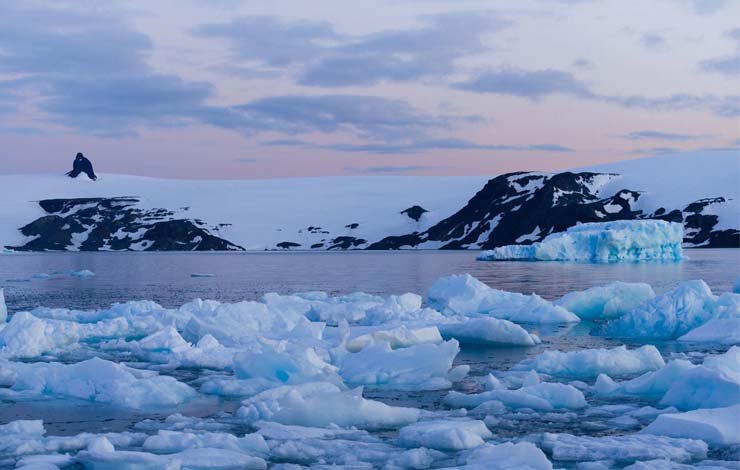Record High Temperature in Antarctic Shows Climate Change
Antarctica's average annual temperature ranges from about -10 °C on the coast to - 60 °C at the highest parts of the interior

World Meteorological Organization (WMO), a United Nations (UN) agency, confirmed a new record high temperature of 18.3 degrees Celsius (°C) (64.9 degrees Fahrenheit) in the Antarctic continent last year.
The record high temperature occurred on February 6, 2020, at Argentina’s Esperanza research station.
Comité internacional de evaluación de la #OMM #WMO confirma nuevo #RecordDeTemperatura máxima en la #Antártida: 18,3 °C registrados el 6 de feb de 2020 en #BaseEsperanza (#Argentina). El #CambioClimático exige medidas urgentes. @SMN_Argentina pic.twitter.com/OIpJ7RrK5v
— World Meteorological Organization (@WMO) July 1, 2021
The previous verified record was 17.5 °C that was recorded at Esperanza on March 24, 2015.
Read Also
Canada: British Columbia With Record Deaths Amid Heatwave
“Verification of this maximum temperature record is important because it helps us to build up a picture of the weather and climate in one of Earth’s final frontiers”, informed WMO Secretary-General Petteri Taalas.
As per a report in BBC, the temperature on the normally frigid Antarctic continent has been rising, especially along its peninsula.
“Over the last 50 years, the peninsula warmed almost three degrees”, the report said.
Antarctica’s average annual temperature ranges from about -10 °C on the coast to – 60 °C at the highest parts of the interior.
While suggesting the drivers of the temperature rise, the report maintained that the strengthened westerlies that blow around the continent are causing it.
The Earth’s average surface temperature has gone up since the 19th century causing more droughts, heatwaves, and tropical cyclones.
As per recent research, global warming could push the melting of ice sheets atop Greenland and the Antarctic that can cause the ocean water to be lift by 13 meters.
“This new record shows once again that climate change requires urgent measures”, said WMO first vice president Celeste Saulo.
Notably, in North America and Canada, the temperature rose unexpectedly, and in Portland city of United States (US), the mercury hit 46 °C.
Meanwhile, in British Columbia, Canada, more than 230 deaths were reported due to heatwave in the region last week.



